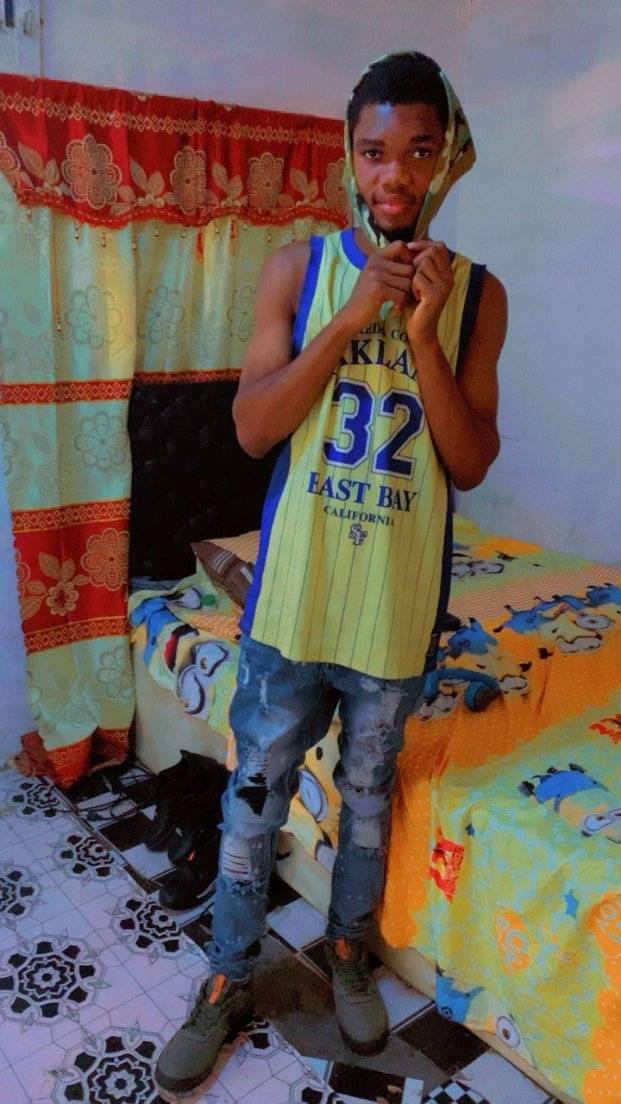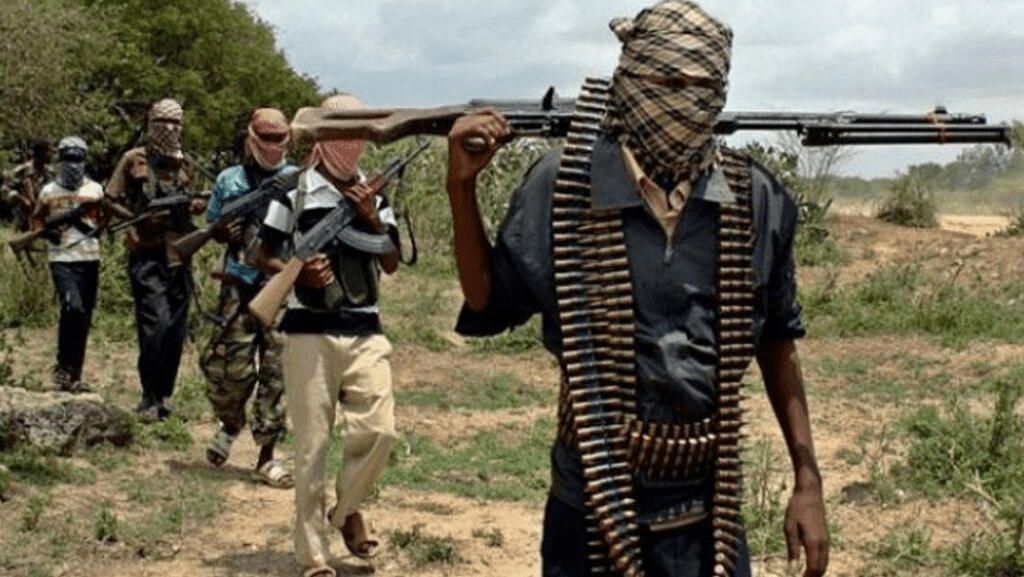The Bawku conflict in northeastern Ghana is a long-standing and complex dispute primarily between the Kusasi and Mamprusi ethnic groups. Rooted in historical grievances over chieftaincy and land ownership, the conflict has persisted for decades, leading to significant loss of life and disruption of livelihoods.The origins of the Bawku conflict trace back to colonial times when British authorities appointed Mamprusi chiefs over areas traditionally inhabited by the Kusasi people. This decision sowed seeds of discord that intensified after Ghana's independence in 1957, as both groups laid claim to the Bawku chieftaincy. The Kusasi assert their status as the area's original inhabitants, while the Mamprusi maintain historical rights to the chieftaincy.In January 2024, tensions escalated when the Mamprugu traditional council installed a new chief, Naa Bohugu Mahami Abdulai Sherigah II, despite the government's recognition of the existing Kusasi chief, Naba Asigri Abugrago Azoka II. This move was perceived by the Kusasi as a provocation, leading to renewed violence and further straining relations between the two groups. The government declared the new installation illegal and urged respect for existing arrangements.The protracted conflict has severely affected the socio-economic fabric of Bawku, particularly impacting the youth. Curfews and restrictions on movement, such as bans on motorcycle use, have hindered income-generating activities like commercial motorcycle transport (okada), a common livelihood for many young people. Additionally, the destruction of businesses during periods of unrest has led to significant financial losses. Educational disruptions due to school closures and a shortage of qualified teachers have further limited opportunities for youth, increasing the risk of poverty and migration.Various initiatives have been undertaken to address the conflict. The Bawku Interethnic Peace Committee, established in 2009, aims to foster dialogue and reconciliation among the conflicting parties. The committee includes representatives from the Kusasi, Mamprusi, and other minority ethnic groups, promoting inclusive discussions to resolve disputes. However, challenges remain, including perceptions of bias and the need for broader community engagement.Experts suggest that resolving the Bawku conflict requires a multifaceted approach:Strengthening Rule of Law: Ensuring impartial enforcement of laws and holding perpetrators of violence accountable.Promoting Inclusive Dialogue: Engaging all stakeholders, including traditional leaders, civil society, and youth, in peacebuilding effort.Addressing Socio-Economic Disparities: Investing in infrastructure, education, and employment opportunities to alleviate poverty and reduce competition over resources.
The situation is beyond mediation.
Curfew in bawku
Death toll rises
Enhancing Cultural Understanding: Encouraging intercultural exchanges to build mutual respect and coexistence among diverse ethnic groups.A sustainable resolution to the Bawku conflict necessitates collaborative efforts that address both the historical grievances and the current socio-economic challenges facted by the community.




No comments yet
Be the first to share your thoughts!